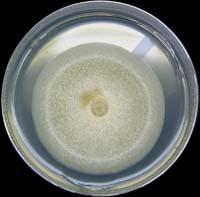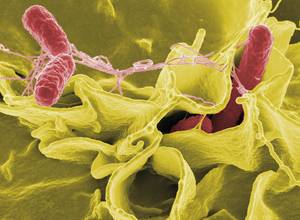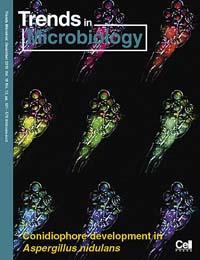The fungi give off smell of fungi to avoid germination of spores
2011/06/01 Elhuyar Zientzia Iturria: Elhuyar aldizkaria

A team of researchers from the Faculty of Chemical Sciences of the University of the Basque Country has discovered the function of smell of fungi. In fact, it has been confirmed that the asexual spores of the fungi are responsible for the emission of the volatile compounds that produce this characteristic smell, avoiding the germination of the spores when they accumulate in their environment.
Although each fungus emits a combination of its volatile compounds (called volatile fingerprint), many of these compounds are found in all fungi, such as 1-oct-3-ol alcohol. This is the compound studied by UPV researchers in the species Aspergilus nidulans. Since this alcohol prevents the germination of spores, the researchers have concluded that the function of alcohol is to make known the density of spores in a given medium. The more smells there are, the more spores there are, so it is more inappropriate to germinate. Whatever the cause, the dispersion of the spores leads to the disappearance of the volatile compound and the germination of the spores.
The processes that define the stages of development of fungi respond to two types of signals: medium stimuli and self-regulating endogenous signals. For example, they have seen that the exit to the Earth's surface and contact with the atmosphere is a quintet of great strength to create asexual spores (conidia). These spores are then fertilised when the growth conditions are adequate. However, UPV researchers have found that spores also emit signals that interrupt germination when they accumulate a lot. In this way, they guarantee an effective colonization of the soil.
In addition to finding the regulating effect of alcohol 1-octen-3-ol, researchers have shown that an associated compound (3-octanone) inhibits the growth of the fungus itself by overcolonizing a medium and boosting spore production. The discovery of this second mechanism indicates that the language of volatile compounds is significantly richer and more complex than expected. The work carried out has been published in the journal Fungal Biology.

Gai honi buruzko eduki gehiago
Elhuyarrek garatutako teknologia





